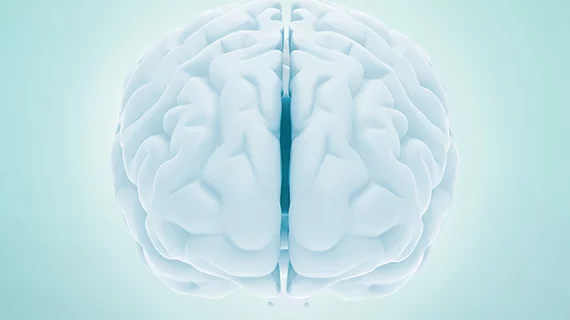Brain fMRI can help mend broken hearts
Some break-ups are just so traumatic, a person can’t even see the point of getting out of bed. But one musician looked to neuroscience and fMRI to help stop a heavy heart from keeping her down.
Minneapolis-based rapper, singer and writer Dessa stumbled across a Ted Talk by Helen Fisher, PhD, a biological anthropologist, where she talks about examining human brains with fMRI. She found activity in parts of the brain of people deeply in love that wasn’t so excited in normal individuals.
"That you could objectively measure and observe 'love'—that had never occurred to me before," Dessa said, in an interview with Skunk Bear, NRP’s science show.
If science can show you how or where love changes your brain, the musician thought, couldn’t it help clean up the emotional mess left after a break-up? Dessa started neurofeedback therapy that uses electroencephalography. The idea is pretty straightforward: If you can see how your brain works, you can change thought patters to reduce unwanted activity while emphasizing desirable activity.
Though further research is needed to support such therapy approach, Dessa thinks her nine therapy sessions have allowed her to escape what had been a years-long funk.
"Before, I felt that I was really under the thumb of a fixation and a compulsion," she said. "And now it feels like those feelings have been scaled down."
To read more and watch a seven-minute video, click the NPR link below.

